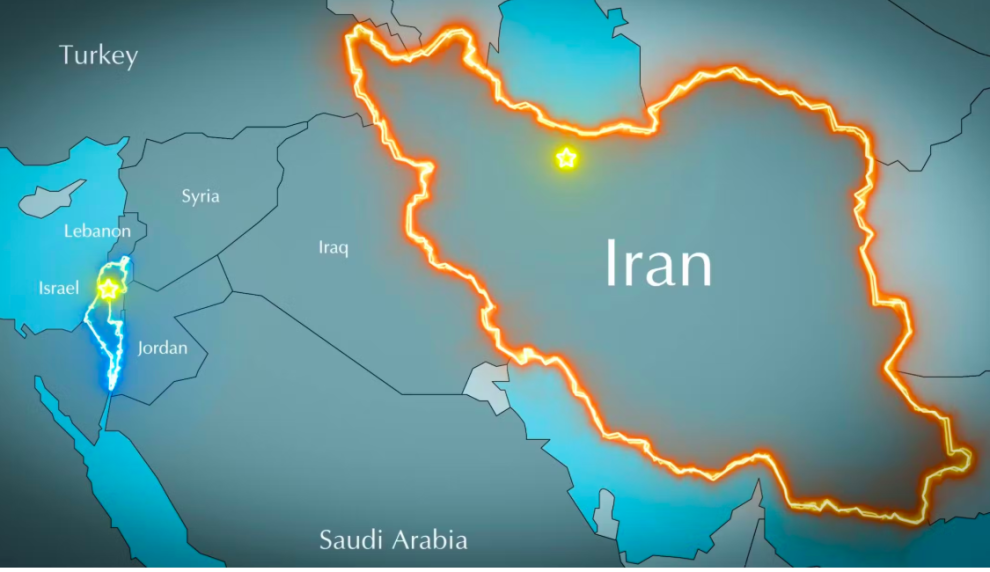A series of attacks on facilities inside Iran, which its news media have blamed on Israel, have raised fissile geopolitical tensions to the most serious level in years and cast a global spotlight on the potential for a widening war as hostilities erupt in the shadowy expanse of international espionage. The extraordinary direct clash has reverberated across the global financial markets, sending the price of oil skyrocketing, stocks tumbling and demand soaring for safe-haven assets such as gold.
Although details are still sketchy, it’s been reported that the Israeli strikes have struck at Iranian targets, prompting an immediate, blunt warning from Tehran. Iran has threatened “a bitter fate” for its enemies, and has put the world on edge over a possible further retaliation or escalation of the conflict.
There has been immediate and severe market effects stemming from these developments as it doesn’t get much more chaotic than this. In a sign of the rising worry over potential disruptions to oil supplies from the unstable Middle East, crude oil prices shot up, gaining roughly 12 percent. Traders are factoring in the possibility of out-of-control hostilities that may aim themselves at more vital oil infrastructure assets, or key shipping lanes within the region.
Meanwhile, stock markets around the world also dropped in response to the news. Investors, focused on containing risk in the face of rising instability, dumped stocks, creating a broad exodus. Industries considered particularly susceptible to the fallout of geopolitical uncertainty took the greatest hit, as traders grappled with uncertainty.
Gold’s prices spiked amidst the tumbling stocks and soaring oil. With uncertainties rising, investors are seeking refuge in traditional safe haven assets, and they would be enticed into buying gold, which would be a go-to asset amid the global uncertainty and the geopolitical risk which continues to create nervousness.
The string of events reflects a potentially dangerous new phase in the long-running conflict between Israel and Iran, which until now was mostly fought through proxy wars and fault lines in cyberspace. The move to direct strikes inside Iran was a major departure, and it raised global fears that the confrontation would widen to involve the major powers.
The world community is closely watching the situation with calls for de-escalation and diplomacy. Yet the immediate and dramatic market response underscores the real economic impact that even the prospect of a widespread Middle East war can have. It emphasizes the fragile and mutually reinforcing link between regional security and global financial stability. The hours and days to come will be pivotal in deciding whether this latest perilous escalation spirals into yet more war or a path towards containment.











Add Comment